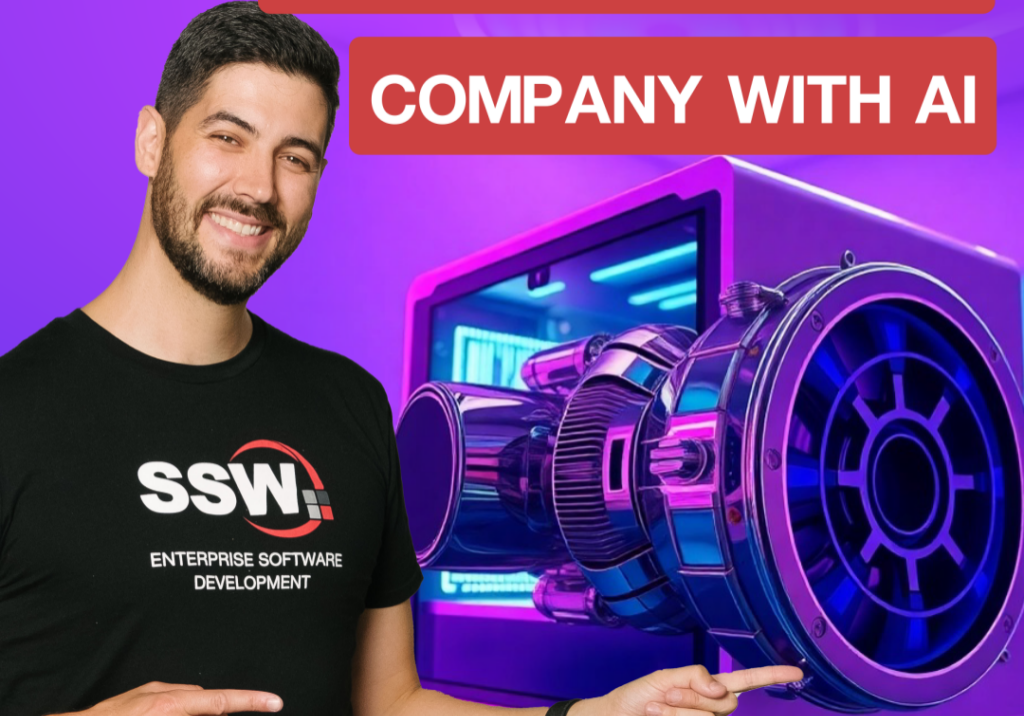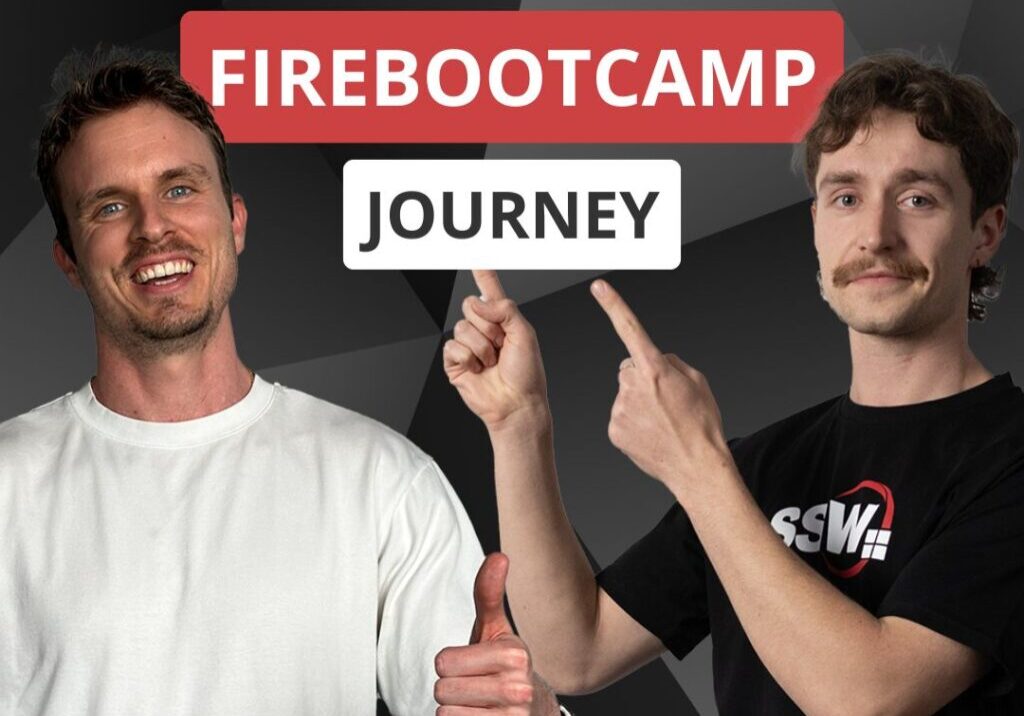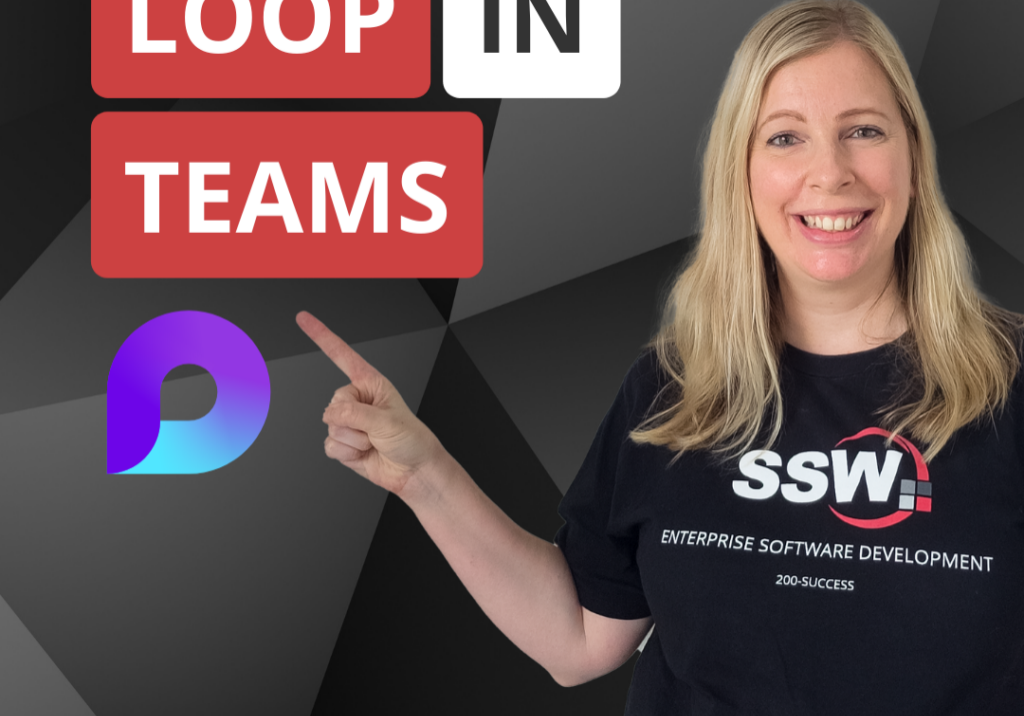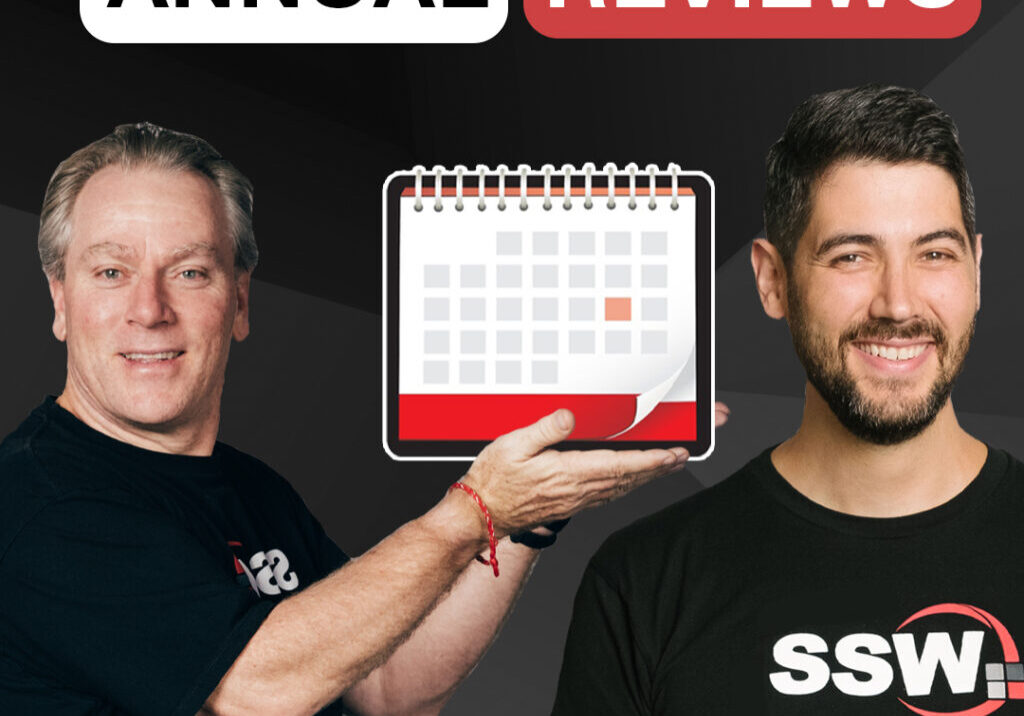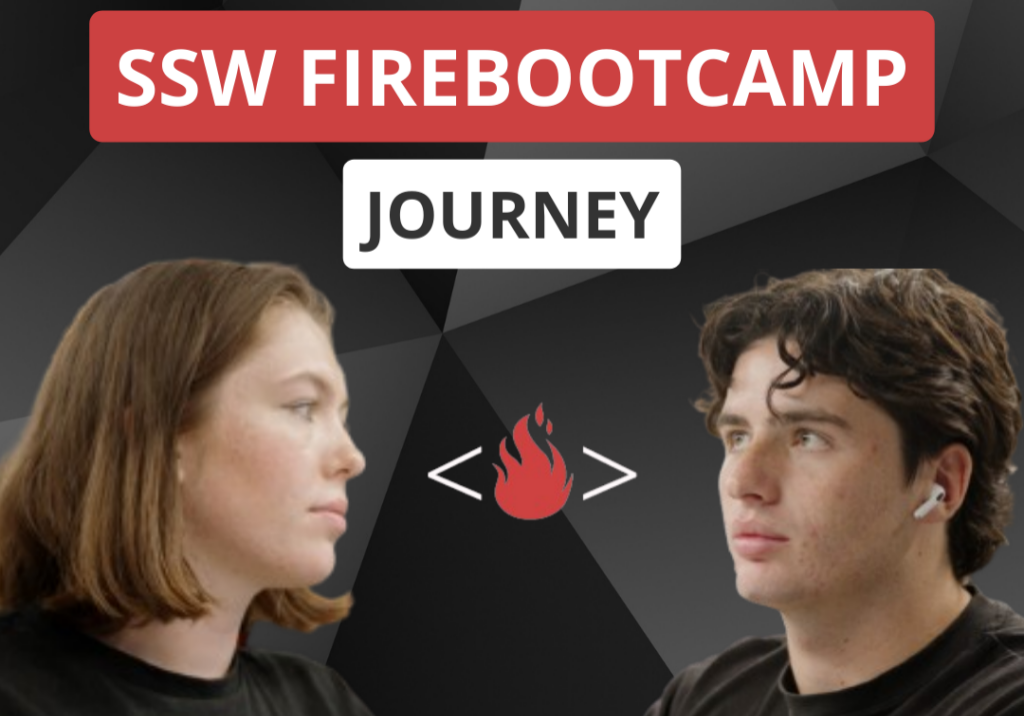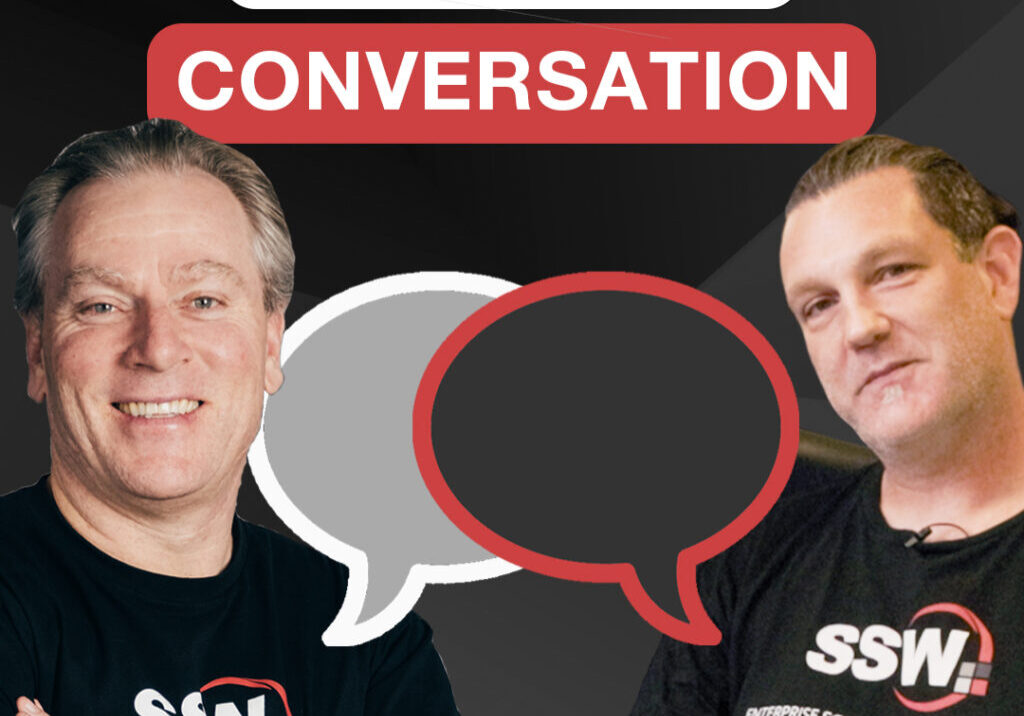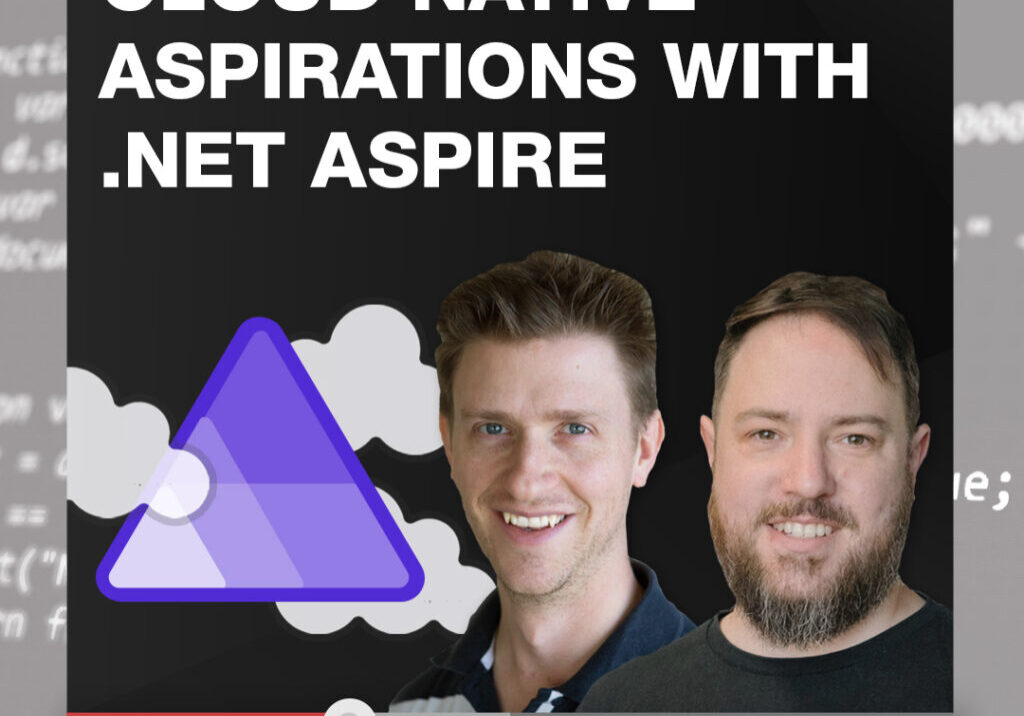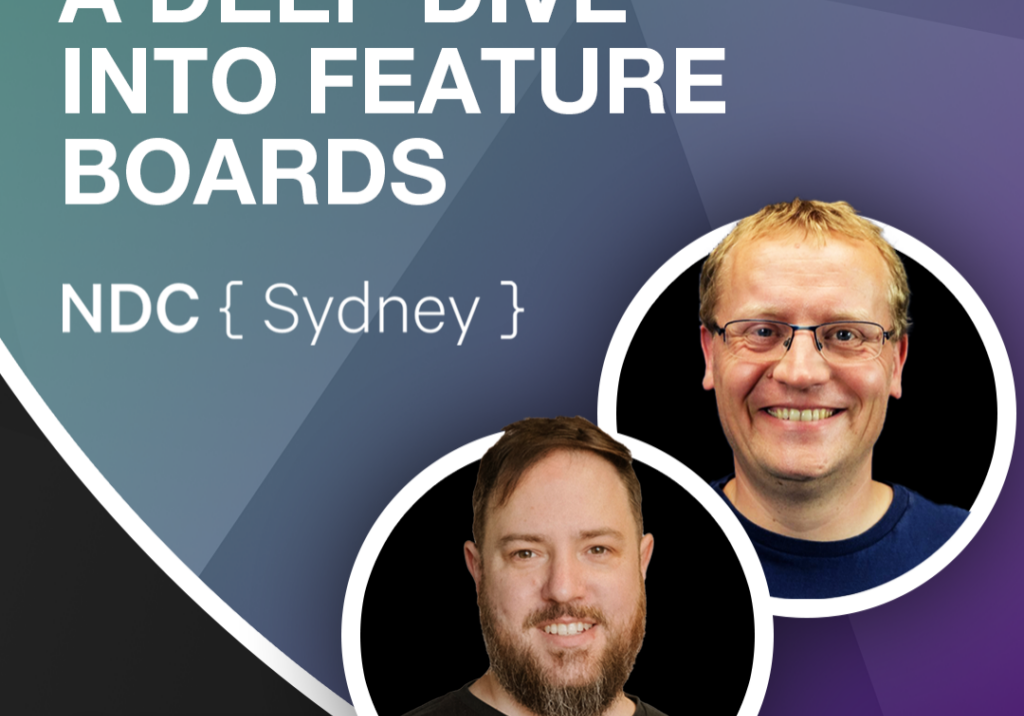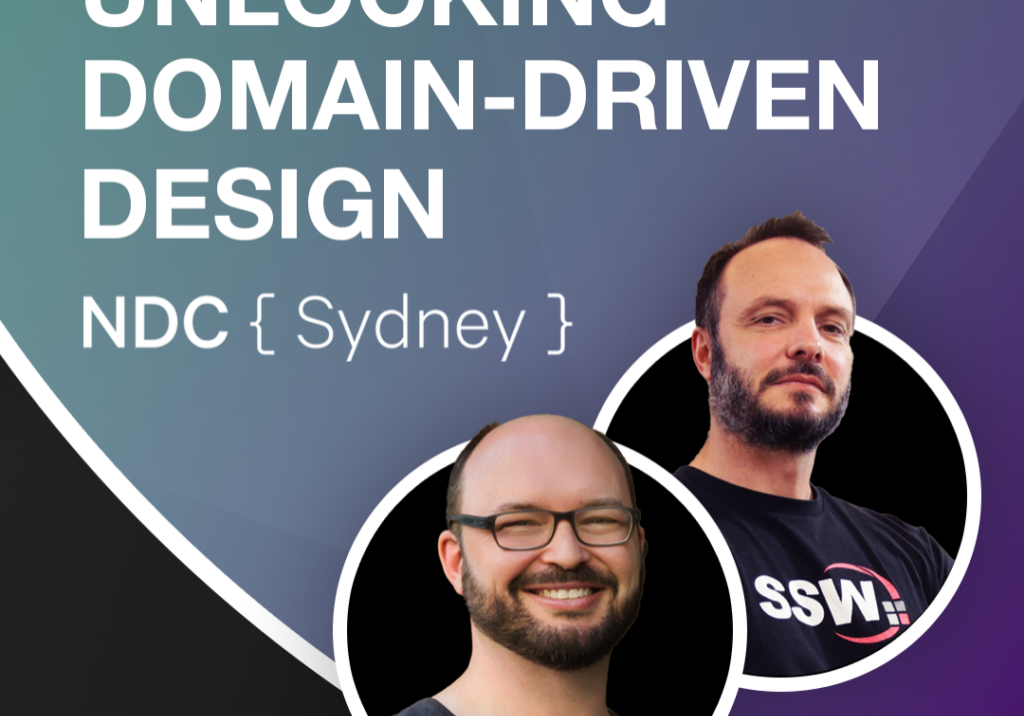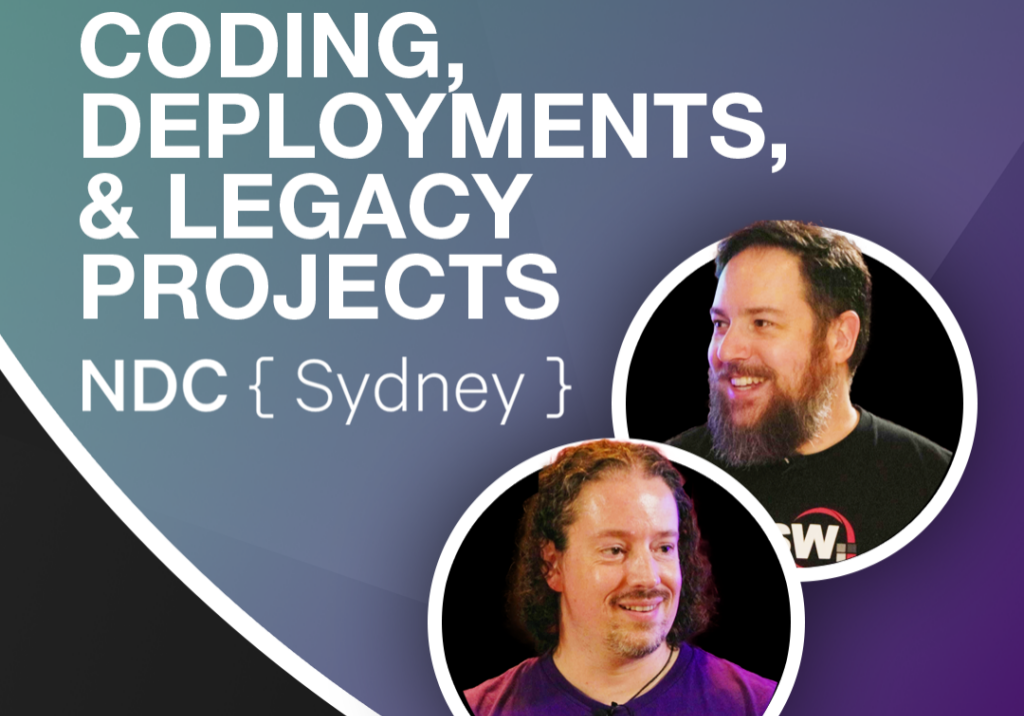Adam Cogan interviews Miguel De Icaza at the MVP Summit in Redmond for SSW TV.
Learn how Miguel started Mono, how they ended up at Xamarin, and, potentially, where they’re heading in the future with their excellent cross platform development technologies based on .NET.
Take the Quiz!
[WATUPRO 79]
Video Transcription
Miguel de Icaza: I don’t just want to build, I’m a compiler. I want to build an environment that people really want to use, that they crave to use. That’s what we set out to build. We didn’t start there. Our tools were okay, but they were okay. It’s been a process of iteration, and our goal is always to get to this magical place where there are, you know you want to lust over these tools. You want to be in love with these tools and that’s what we are trying to do.
Adam Cogan: Hi guys, today I have a very special guest, Miguel de Icaza.
Miguel de Icaza: Hey, how’s it going.
Adam Cogan: How was your initial vision of Xamarin in the beginning?
Miguel de Icaza: What happened is that towards the end of our stay at Novell, we built this product, Novell was focused on the server because of SUSE, and towards the end the IOS, the iPhone came out and there was a lot of excitement. We built a product that’s high portable, it was ported to everything under the sun, so we ported it to the IOS platform and we built the prototype to build to access a native API’s and we released this stuff and people started to use it and we started to sell it and people really enjoyed it. We kept investing and adding more and more and more and filling all the apps that people asked that by the time that Novell said, by the time that Attachmate acquired Novell and they laid off the Mono team, we knew what we wanted to do.
Well, Mono has struggled in the open source world, because of this political campaign, what happened in IOS was, and android was people really didn’t have the political motivation, this open source requirement, this anti-Microsoft thing did not exist. C# and IOS and android flourished because people, it was not in their radar, they didn’t care. It was an issue that open source people, Free soft people cared, but it didn’t matter to these guys. So essentially, I mean it was obvious to anybody that there was a non-issue, but basically Mono flourished and android and IOS. We had this product that we were building for the server and then we had this other thing that we were excited about, and everybody else was excited about, so that’s what we wanted to do, so Xamarin was always about building great mobile development tools, that was it. I mean, we wanted to take the greatness to a great platform and that’s what we did.
Adam Cogan: What is the current vision for Xamarin? Has is changed a little, is it …
Miguel de Icaza: No, I mean, our driving Moto, the way that we talked about what we are doing and the way that we resolve technical challenges and disputes and you know, should we do this or should we do that, are we going to implement this dialogue or not, are we going to have support for this or not, our driver is delightful developers, and what I told him that when I called him on the phone, when we were starting the company he was on vacation. I took him out of vacation to do the company, to become CEO.
I’m like, Nat, I wanted you to help me build developers tools that are the objects of desire, so I don’t just want to build a compiler, I want to build an environment that people really want to use, that they crave to use, so that’s what we set up to build and we didn’t start there, our tools were okay, but they were okay, right, so its been a process of iteration and our goal is always to get to this magical place where there are, you know, you want to lust after these tools, you want to be in love with these tools and that’s what we are trying to do.
Adam Cogan: Well, thank you very much for your time, Miguel. Come down to Australia.
Miguel de Icaza: Yeah.
Adam Cogan: This is Adam Cogan signing off SSW TV.
About the speakers

Mr Open Source
Miguel De Icaza was born in Mexico City and studied at the Universidad Nacional Autonoma de México (UNAM) but never received a degree. He came from a family of scientists in which his father is a physicist and his mother a biologist. He started writing free software in 1992.
In May 2011, de Icaza started Xamarin to replace MonoTouch and Mono for Android after Novell was bought by Attachmate and the projects were abandoned. However, shortly afterwards Xamarin and Novell reached an agreement where Xamarin took over the development and sales of these products.
In 2014 he joined Anders Hejlsberg on stage during the announcements of the .NET Foundation and the open sourcing of Microsoft's C# Compiler. He serves on the board of directors of the .NET Foundation.
